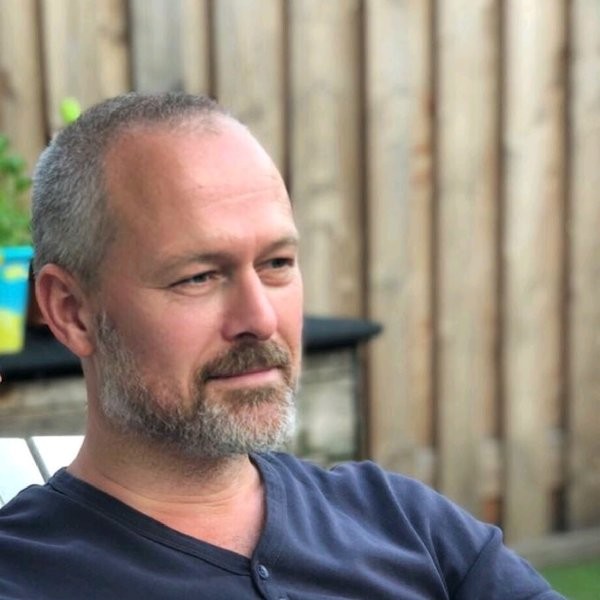From vision to safe testing practice
Assessment is at the heart of education. We want learners to be able to take tests that are appropriately supported digitally, securely and reliably. The perspective on assessment is changing: the emphasis is increasingly on the formative aspects – the learning process. In addition, more and more tests are being administered digitally. These developments present major challenges. That is why we support educational institutions in shaping a vision for assessment, translating it into policy and setting up processes and systems.
Hoe kun je meedoen?
Co-create
Kennis & inspiratie
Video is paused
Contactpersonen

